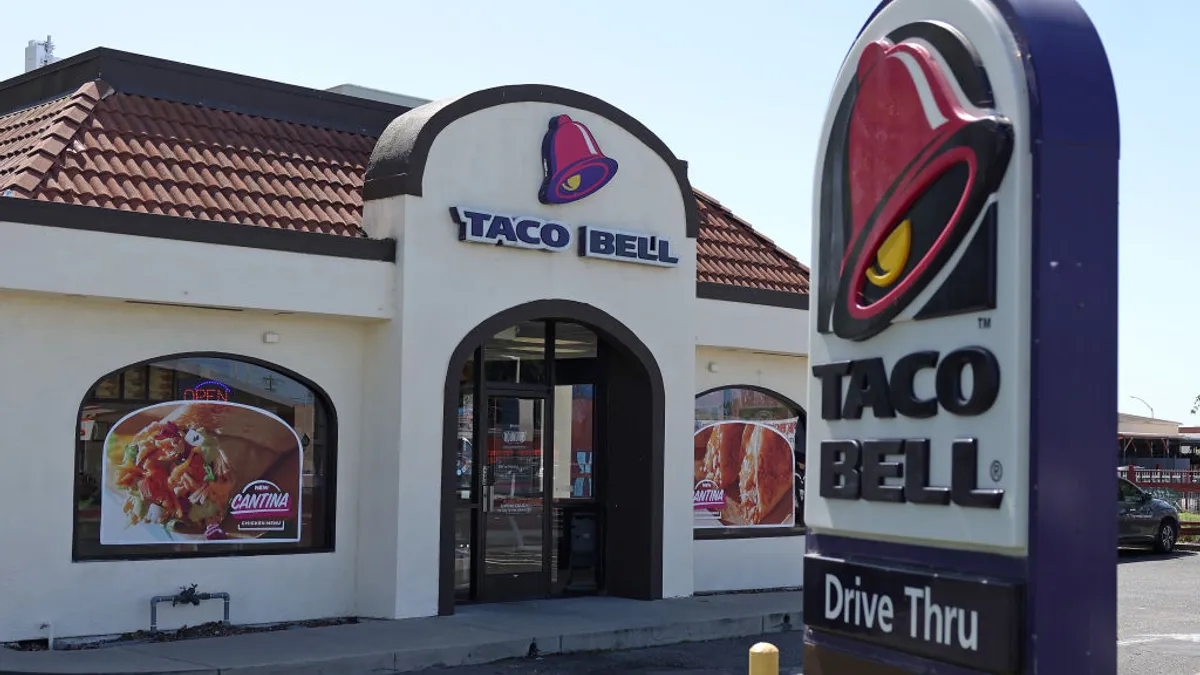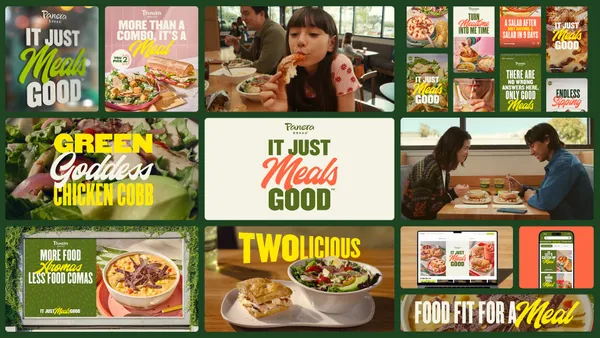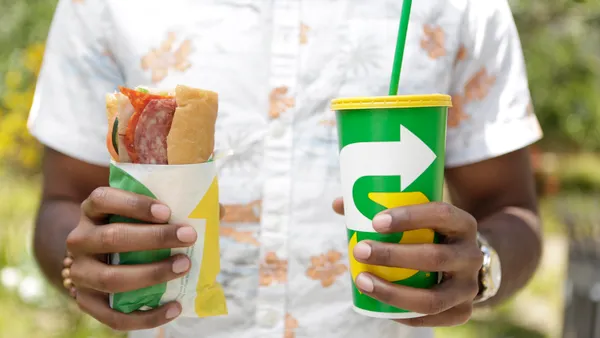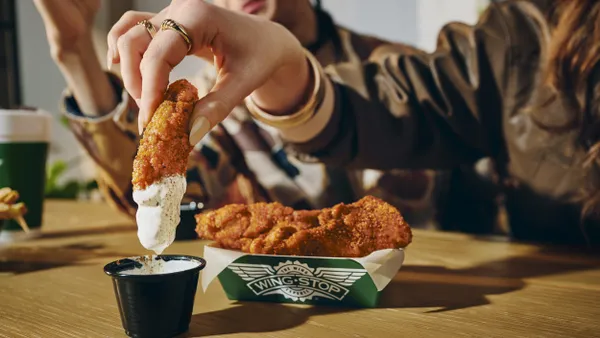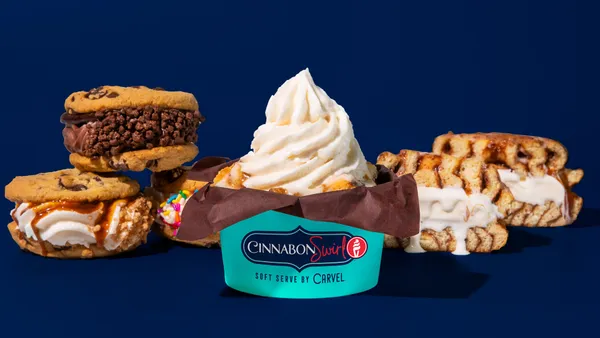Dive Brief:
- Yum Brands will use its loyalty programs and AI-powered personalization to pursue higher digital sales and maintain its growth trajectory, executives said on a Q4 2024 earnings call Thursday.
- The company is unifying its digital operations through Byte by Yum, a proprietary software-as-a-service platform, according to a press release Thursday.
- Better personalization will be a key benefit of the platform. “We expect to scale AI-driven personalization across all brands and digital channels, creating more relevant and engaging consumer interactions with Byte’s rapidly expanding capabilities,” CFO Chris Turner said during the earnings call.
Dive Insight:
Robust loyalty programs and data-driven customer insights will help Yum pursue its ambition of making 100% of its sales digital — with CX benefits along the way.
Yum Brands’ digital sales rose about 15% in fiscal 2024, and digital accounted for more than 50% of the company’s total sales mix, according to a company earnings report. Digital sales include orders placed online and at in-store electronic kiosks.
Its digital approach may be paying off. Yum’s global sales grew 8% year over year in the fourth quarter, with KFC up 6%, Taco Bell up 14% and Pizza Hut up 3%. Global comparable restaurant sales were up 1% for the quarter.
CEO David Gibbs says the potential for loyalty growth will expand with digital engagement.
“Loyalty remains a high potential growth area, and in 2025 we will sharpen our focus on optimizing program effectiveness,” Gibbs said during the earnings call. “This includes expanding the adoption of loyalty technology across our portfolio, ensuring we continue to deepen consumer engagement and drive repeat visits through personalized, data-driven experiences.”
One example is KFC, which is scaling its global loyalty program to 14 markets, according to Gibbs. Early data shows that loyalty members have a 12% increase in visit frequency after joining.
Byte will have an impact on customer experience as well, according to Turner. The Byte digital ordering program makes it easier for customers to place digital orders and makes it simpler for workers to fulfill those orders.
A combination of operations, guest experience and consumer data will power the company’s AI and personalization strategies, according to Turner. In the U.S., the company is using AI to hyper-personalize messaging and experiences, and early tests with email promotions resulted in twice the consumer engagement compared to traditional approaches.
“This breakthrough is just the beginning,” Turner said. “We expect to scale AI-driven personalization across all brands and digital channels, creating more relevant and engaging consumer interactions.”



